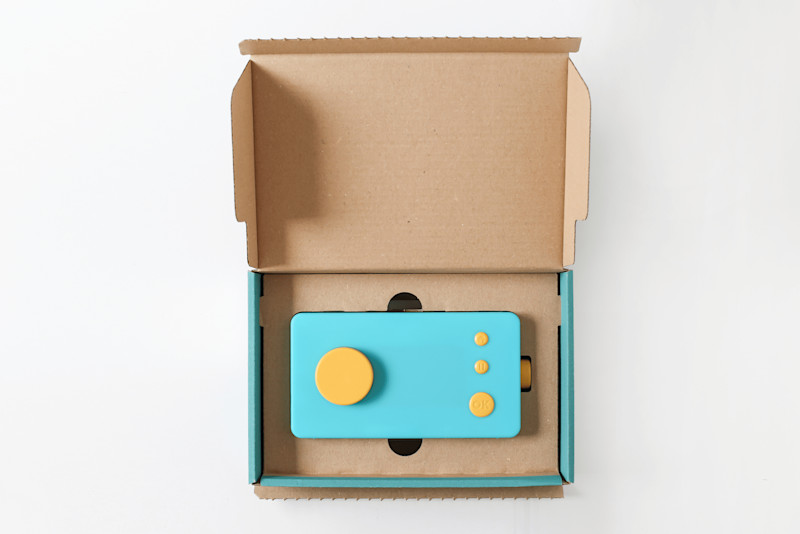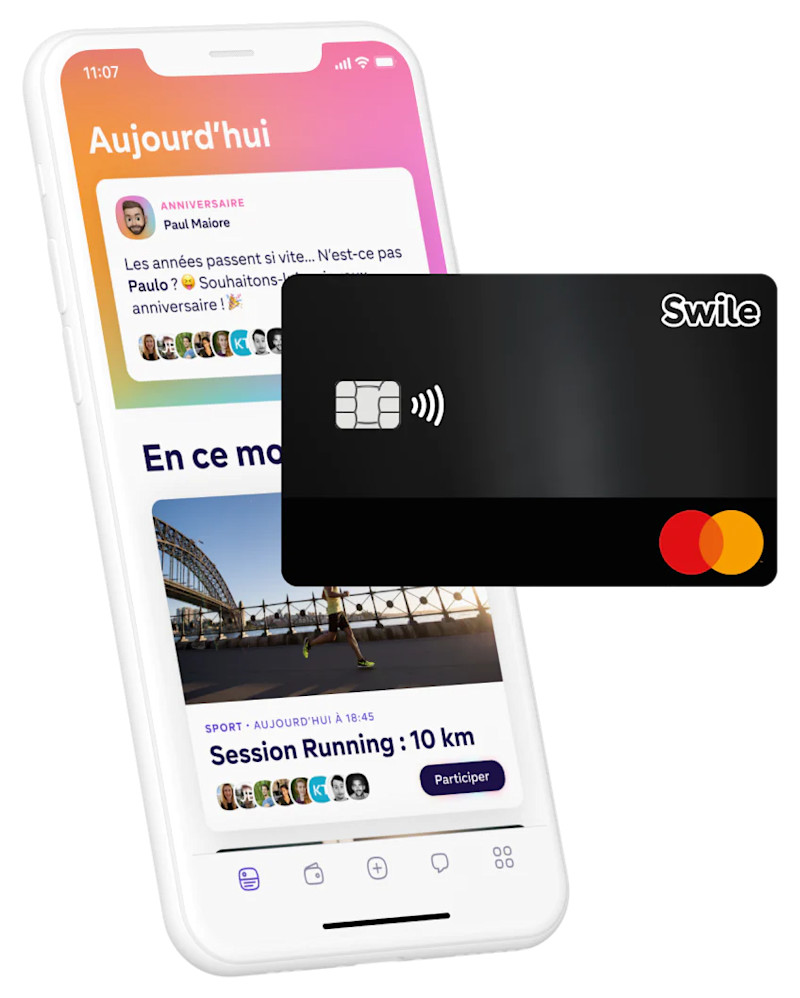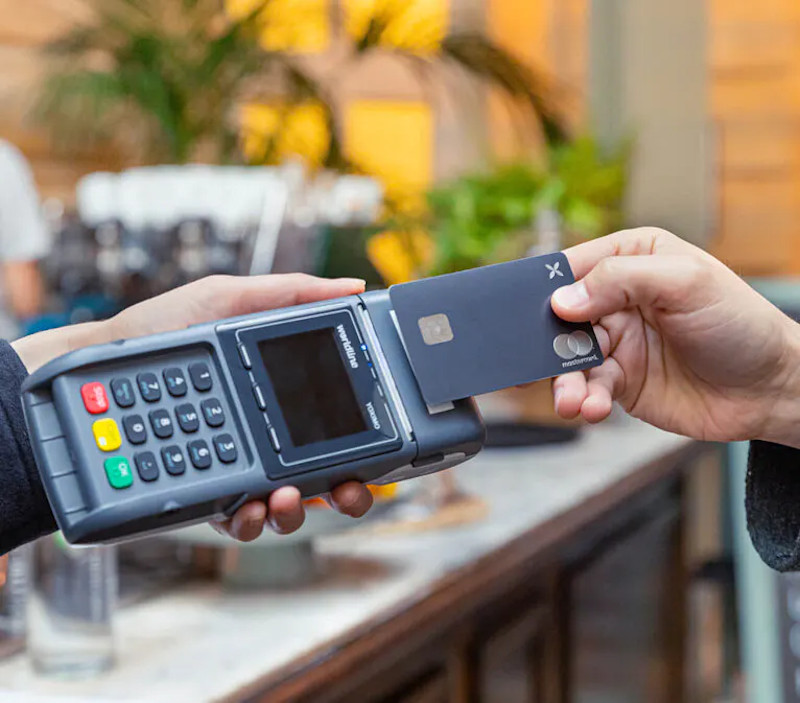- Iterate
- Meet The Team
- The Top 10 French Startups to Know in 2020
The Top 10 French Startups to Know in 2020
Table of contents
For the past ten years, the tech scene in France has grown at a rapid pace, and the country now has over 9,900 startups, including six unicorns among the 400 worldwide unicorns.

Doctolib
Founded in 2013, Doctolib has raised a total of 225M€ ($266.7M) in funding over seven rounds, including a series E of 150M€ ($177M) raised in March 2019 - it’s one of the six French unicorns.
Their platform offers patients a simple way to find doctors and book an appointment. For health professionals, Doctolib is a solution to reduce costs while reducing the number of last-minute cancellations thanks to its service of appointment reminders sent through text messages.
It also provides a teleconsultation service which has been thriving since the confinement happened in France. The company said this service went from 3,000 to 35,000 users in April, and that its business now counts 135,000 health professionals and 40 million users.
The company has 1,500 employees and is based in Paris.
ManoMano
If you want to repaint your bathroom, build new shelves for your kitchen, or get advice on the best tools to buy, ManoMano is the answer. This startup founded in 2013 in Paris has become the reference when it comes to handiwork: its e-commerce platform is like a traditional hardware store but with infinite aisles and shelves. Not only does it offer millions of references but it also provides its customers and website visitors with quality video content featuring useful tips on a broad range of topics, all made by their customers.
Their community and User-Generate-Content (UGC) strategy has allowed the company to prosper even during unexpected hardships. Indeed, ManoMano is another startup that benefited from confinement. According to co-founder Christian Raisson, their "growth rate was below 50% before confinement, it soared and has stabilized today above 50%."
The company announced a new funding round of 125M€ ($148M) in early 2020, a needed capital injection to fuel its growth: in 2019, ManoMano reached 620M€ ($733M) in revenue, including sales from their international markets in Spain, Italy, Germany, and the UK. This new round increased the total funds raised over the past six years to 310M€ ($367M). The company is backed by General Atlantic, Eurazeo, Singapore-based Temasek, and others.
In 2020, ManoMano opened its platform to B2B clients. It has 5 million product references, 5.7 million active users, and 600 employees scattered between six European countries.
Lunii
Lunii is one of the few French hardware startups that is manufacturing in France. But this wasn’t true of the 6-year old startup until very recently: the company just announced it successfully relocated its production last July from China to Bayonne, the burgeoning city in the south of France.
It’s a great success story for both Lunii and France. The startup is behind one of the top-selling toys on Amazon France, My Fabulous Storyteller. The screen-free product looks like a cute radio for kids but is a true "story maker:" children can build their own story by picking the hero, the location of the story, a second character, and an object. The story will be then read by a male or female voice with immersive sound effects.
The product has seduced many kids and parents in France. "In 2016, we sold 20,000 units," remembers co-founder and COO Igor Krinbarg. "In 2017, we reached 80,000 and then 16,000 the following year, 240,000 in 2019 and this year we should be around 300,000. It's more than 700,000 in four years." As the confinement obliged millions of kids to be home-schooled, it’s easy to see why parents would fall for the Lunii product.

Swile
Swile digitizes traditional meal vouchers provided by French companies as an employment benefit. It offers a card that can be used like any traditional bank card in restaurants, bakeries, etc. as well as grocery stores (under the condition that you buy only food).
The startup now counts more than 8,000 clients, which represent a total of 210,000 employees across the country. CEO Loïc Soubeyrand estimates that they have reached 7% of the market in only 2 years. Founded in 2018, the company now counts more than 250 employees and is based in the south of France in Montpellier.
The company has raised multiple funding rounds ($3M in 2017, $13M in 2018, and $36M in 2019) and has closed its fourth and latest round in June with 70M€ (83M$) raised from Index Ventures and Idinvest, among others.
Swile is now focused on diversifying and aims at gathering all kinds of employee's perks into their card such as gift or mobility vouchers, which are popular perks provided by French corporations. The team has also announced it’s developing a platform where employees will be able to engage with other colleagues to organize team meetings or money pots. It's why the company, formerly known as Lunchr, recently rebranded as Swile (the contraction between "smile" and "work").

Qonto
Qonto positions itself as "the neobank for SMEs and freelancers" and offers three cards adapted to their specific needs for 9€, 29€, or 99€ per month (respectively $10.65, $34, or $117). It takes less than fifteen minutes to open an account, a record for the French banking system that has been late to digitize compared to other countries like the U.S. or the UK.
The perks include SEPA transfers, physical as well as digital cards, automatic VAT detection, or different country-related IBANs to facilitate the payment of taxes and contributions to local public institutions. Their solution also already automatizes a few aspects of the financial management of the business through their partnerships with MyUnisoft and Pennylane.
Qonto has deployed its services in Spain and Italy in 2019, and more recently in Germany. It has also announced a series C funding round of 104M€ ($123M) in January 2020, a record for a French fintech startup, raised from Valar, the VC firm founded by Peter Thiel, as well as Tencent, who owns WeChat.
Qonto obtained a payment institution license in 2018 and has developed its own core banking infrastructure which is used by almost 50% of the company’s user base. In 2019, the company said it had managed a volume of more than 10Bn€ ($12Bn), and the 3-year old startup announced in July it had surpassed 100,000 clients.

Alan
Alan has successively brought health insurance into the 21st century by simplifying the cumbersome process of getting your medical expenses reimbursed. While the healthcare system in France is pretty advantageous compared to other countries', getting your reimbursements still requires mailing a piece of paper and waiting for weeks to get your money back based on your health coverage.
With Alan, companies and individuals (such as freelancers) can now subscribe to health insurance in a few minutes, upload their bill directly through the mobile app or website, as well as easily track their pending reimbursements - the company recently shared that reimbursements were instant or made within less than 1 hour 74% of the time.
The startup now counts more than 220 employees and is particularly well-known for its distinctive company culture: there are no managers, meetings are prohibited, and employees are encouraged to discuss and collaborate in writing through Slack.
Founded in 2016, the company says it has reached the symbolic bar of 100,000 users.
La Belle Vie
Founded in 2015, La Belle Vie is a grocery delivery startup that has managed to remain alive despite the burst of the French food delivery bubble in the last few years. Its e-commerce platform offers now more than 6,500 references across a variety of categories of everyday products.
During the first confinement in France, its activity was four times higher than usual during seven consecutive weeks, which ended up representing 12,000 daily deliveries and a monthly revenue of 4M€ ($5M). After a first funding round of 5.5M€ ($6.5M), the team raised a 11.6M€ ($14M) round in May 2020.
The startup plans to add more than 50 new brands to its e-commerce platform in the next year while hiring 150 new employees.
Back Market
Back Market has positioned itself as the champion of the circular economy when it comes to electric devices. Its platform gathers hundreds of references of refurbished products across different categories (smartphones, computers, gaming consoles, cameras, etc.), all offered at a fraction of their original price. Users can pick a level of aesthetic condition across five options (stallone, fair, good, very good, mint), their choice ultimately impacting the final price of the device.
While France represents almost half of its business, the U.S. represents their second biggest market and could help establish Back Market's status of leader in the refurbished devices segment. As consumer electronics companies such as Apple are still figuring out how to offer refurbished devices without damaging their brand, Back Market could become an alternative. Earlier this year, the company surfed the wave of the explosion in sales of devices caused by global confinement and had a 3-digit growth rate.
Founded in 2014 and based in Paris, the company is also one of the winners of the confinement, a period during which worldwide sales of electronic devices doubled. The company announced last May a new funding round of 110M€ ($130M) as well as its plan to expand internationally with a focus on the U.S.

Slite
Slite was initially built as an alternative to Apple Notes with one thing in mind: making something beautiful. It’s only later that the co-founders realized there was an opportunity to build a more complex product that could centralize and organize information and therefore help teams share knowledge, which is what Slite does today (the product is similar to the U.S.-based startup Notion if you're familiar with them).
A year ago, the team went fully-remote, a decision that wasn’t easy per its co-founders, but that revealed to be quite timely. Today, companies worldwide are leaving their offices and adopting new remote-only or remote-friendly work policies too, and Slite’s collaboration product could become one of the answers to new work practices. The company, which had 450 clients in 2018, now counts more than 4,000 companies on its client list.
After going through YCombinator, Slite raised a first funding round of 3.7M€ ($4.4M) in 2018. The company shared last April that it had raised a new round of 10M€ ($12M) with U.S. investor Spark Capital in order to expand its team as well as work on new functionalities, like a Airtable-like feature to organize documents in a better way.
Spendesk
In early October, the Parisian-based startup Spendesk announced a new funding round of $18M, raised to propel the company abroad and strengthen its teams in the UK, Germany, and the U.S. It had raised a series B of $38M a year before, bringing its total funding to $68.5M.
Founded in 2016 out of the startup studio eFounders, Spendesk offers a simple way to manage decentralized financials. Its SaaS product combines spend approvals, company cards, expense reimbursements, invoice management, and automated accounting. According to CEO Rodolphe Ardant, the confinement has obliged companies to increase their decentralization efforts as well as the digitalization of their financial department, which led the company’s revenues to double this year compared to 2019.
The company counts currently 2,500 clients and plans to accelerate its international development.

--
The Org is a professional community where transparent companies can show off their team to the world. Join your company here to add yourself to the org chart!
In this article


The ORG helps
you hire great
candidates
Free to use – try today